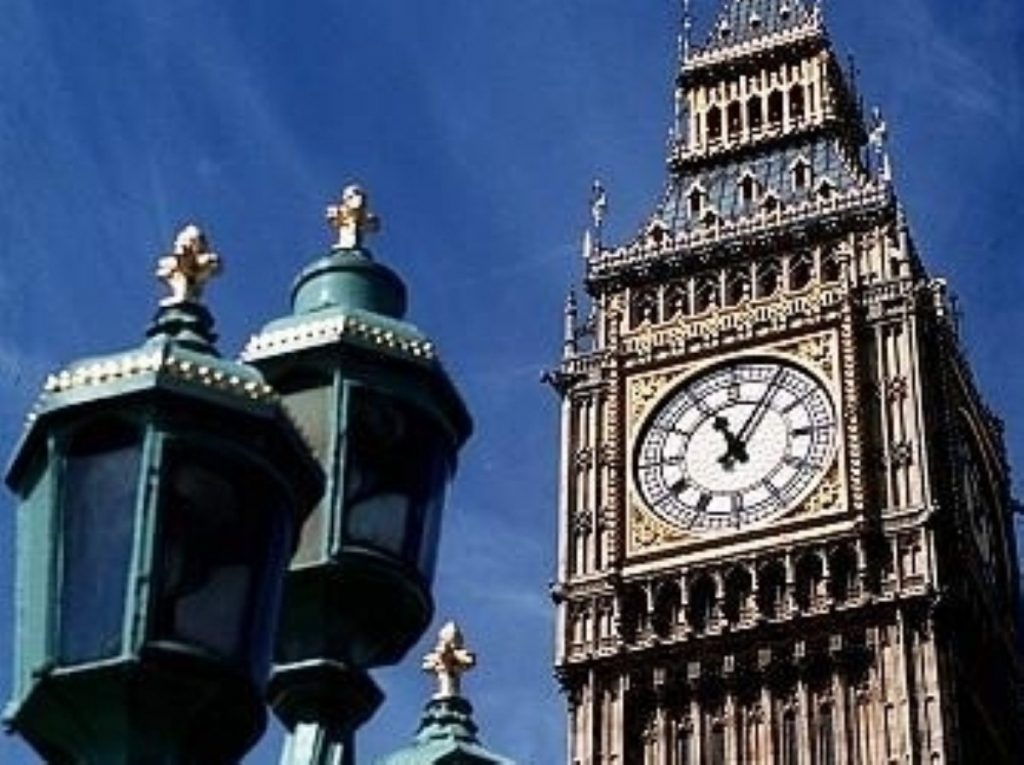Bercow survives Speaker vote as new parliament begins
By politics.co.uk staff
John Bercow has easily survived a challenge to his re-election as Speaker, on the first day of the new parliament.
There had been fears in Westminster that a handful of MPs would secure a vote on Mr Bercow’s future, but they proved unfounded.
The House was asked if Mr Bercow should be returned as Speaker following speeches from Mr Bercow and his sponsor, former foreign secretary Malcolm Rifkind.


The overwhelming majority of MPs shouted ‘aye’ but a handful shouted ‘nae’.
The objectors presumably included Tory MP Nadine Dorries, who sent an email to new MPs today urging them to vote against Mr Bercow. Labour MP Kate Hoey, also a critic of the Speaker, may also have been among those demanding a vote.
But the new father of the House, Tory grandee Sir Peter Tapsell, ignored the voices and re-elected the Speaker without recognising a division of the House.
The re-election brings to a halt months of rumours in parliament about Mr Bercow’s future.
The Speaker is widely disliked among his own party, a fact largely attributed to the dramatic shift in political values from his party’s hard right to the centre-ground, and allegations of favouritism to the Labour benches.
Many Tory MPs are also uncomfortable with his wife’s regular anti-Tory outbursts on Twitter.
In her email to new MPs today, Ms Dorries wrote: “There are a number of reasons why, since his appointment, Mr Bercow has proven unsuitable in the Speaker’s role.
“Not least, on the occasions during the last session when Mr Bercow found remaining impartial, a crucial quality in the role of Speaker, very difficult, leading to a number of heated exchanges between the Speaker and Conservative MPs.
“We are about to head into choppy political waters. It is imperative we have a Speaker who possesses dignity, gravitas, ability, wisdom and who can command respect from all sides of the House. A Speaker beyond reproach, who via his experience has earned the entitlement to such an important office.”
Ms Dorries suggested Edward Leigh, Sir Menzies Campbell, Alan Hazlehurst or Margaret Beckett would make suitable substitutes.
Following the re-election David Cameron gave a speech, as did Harriet Harman for Labour and Angus Robertson for the SNP. Nick Clegg, who sat next to Mr Cameron on the government front bench, did not give a speech as Liberal Democrat leader.
Ms Harman, on the opposition benches for the first time in 13 years, used her speech to inform Mr Cameron that she would scrutinise the government’s behaviour despite the Labour leadership race taking place behind the scenens.
“We need strong and stable government, but we also need strong opposition,” she said.
Mr Cameron welcomed new MPs to parliament, saying the “new politics” had begun.









